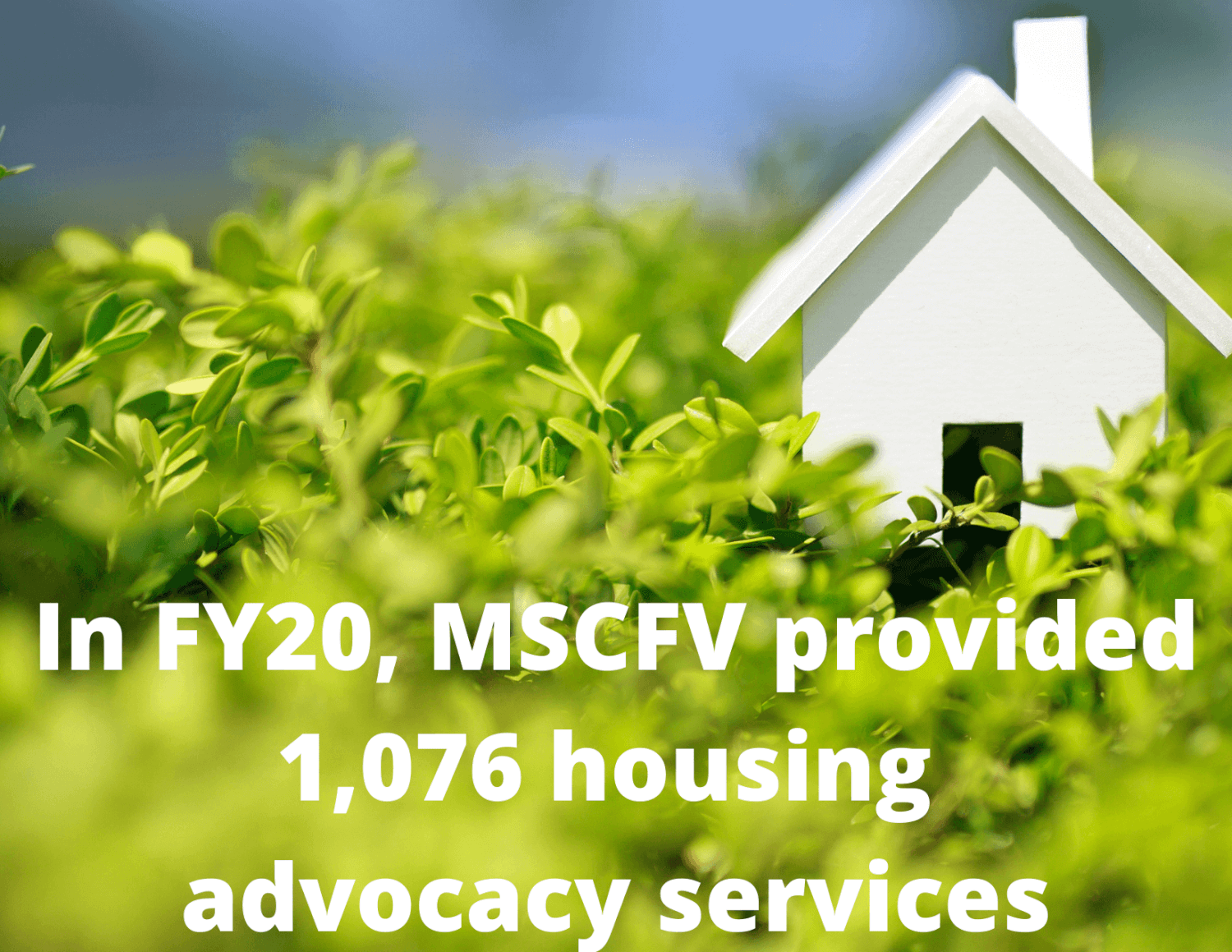Domestic violence survivors face many challenges when it comes to living a life free from violence. Two of the most daunting and overwhelming needs are safe housing and the economic resources to maintain safe housing.
The need for safe housing and the economic resources to maintain safe housing are two of the most pressing concerns among abused women who are planning to or have recently left abusers.
Among MSCFV clients, about 5% specifically say they returned to their abuser partner in the past because they had no place to go. One out of four victims exiting MSCFV’s emergency shelter are going to stay with family or friends, living situations that are often unstable.
The challenge of securing safe and affordable housing is even greater in the Maryland Mid-Shore Counties served by MSCFV. In these counties, private market housing costs have remained high, and low income or income based housing have waiting lists up to years long. MSCFV’s experience has shown that without substantial financial assistance, survivors of domestic violence are forced into housing situations that are detrimental to their well-being and the well-being of their children. A survivor is faced with choosing between living in a house which is unsafe because this is all they can afford with limited housing assistance, living in a crisis shelter for an extended period of time or returning to her abusive relationship. Immigrant survivors face additional obstacles that further limit their housing options due to the fact that they are not eligible for any housing assistance.

From initial contact until the victim leaves the program, MSCFV case managers work with each client to create and implement client-centered, holistic service plans that include: